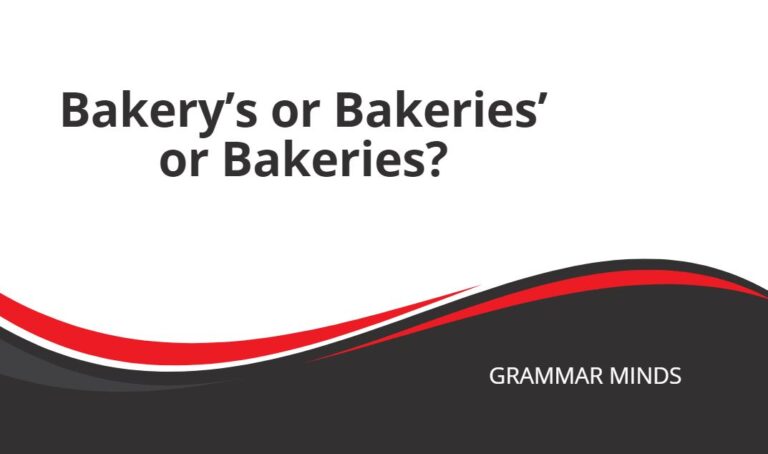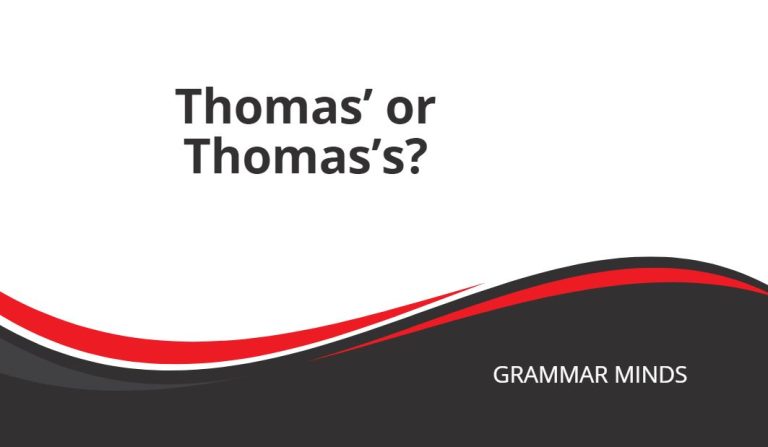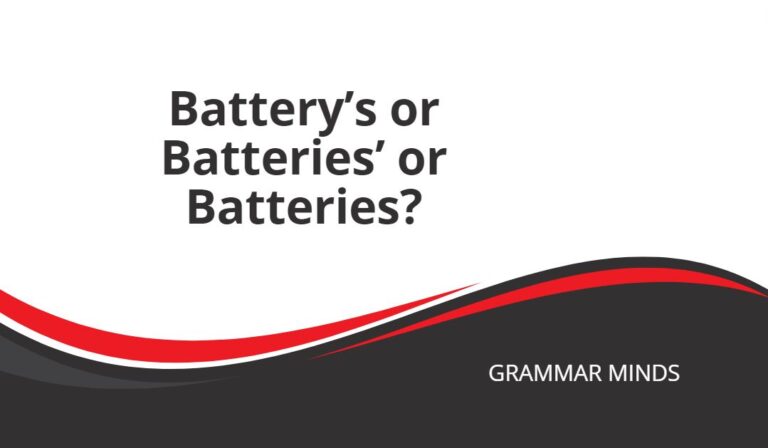The word memory’s is the singular possessive form of memory. E.g., “The story was a tribute to her memory’s legacy.” Furthermore, memories is the plural form .E.g Pictures help keep memories alive.” Lastly, memories’ is the plural possessive form of memory.

The following table highlights the three different forms of the word memory. The word memory is irregular, and you form the plural by adding the suffix “ies”:
| Form | Example |
| Singular | Memory |
| Plural | Memories |
| Singular possessive | Memory’s |
| Plural possessive | Memories’ |
Furthermore, the word memory can refer to that of humans and computers. Here are some of the common meanings;
One refers to when your brain can think about things that happened before, like remembering a fun day at the park.
Memory can also mean the computer’s ability to remember and store information.
The following examples highlight the different meanings and show the three forms in context:
Singular: The memory’s clarity faded over time, but the emotion remained vivid.
Plural: The memories’ impact on her life shaped her perspective and decisions.
Singular possessive: This form is rarely used. For example, instead of saying “The device’s memory’s capacity allows for efficient multitasking.” You would instead say the device’s memory capacity
The plural possessive form is’ memories’ but this form is also rarely used.
Please keep reading the remainder of the article to learn more about using the different forms of the word memory correctly.
There are some great example sentences that you will find helpful.
Memory’s
The word memory’s is the singular possessive form of the word memory. Therefore, you use it to indicate that something belongs to a single memory.
You may use the term memory’s to refer to the characteristics or emotions associated with a specific memory.
- The memory’s impact on her decision-making process was profound.
Alternatively, the word memory can refer to the faculty of the mind by which information is retained.
- The brain’s memory’s function allows humans to learn, adapt, and recall experiences.
- Cognitive exercises can help improve memory’s retention and cognitive abilities.
Memories’
The term memories’ is the plural possessive form of memory. That means you use it to mention that something belongs to various memories.
When referring to multiple memories or their collective emotions, you need to use memories’ rather than memory’s because they are plural.
Although this is grammatically correct, in practice this form is rarely used.
Memories
Memories is the plural form of memory. Therefore, you use the term memories to refer to more than one memory.
First of all, it can refer to the individual recollections or experiences themselves, and this is the most common use.
- The box contained old photographs, letters, and cherished memories from her childhood.
- Memories from our travels together will always hold a special place in my heart.
- The song triggered memories of a joyful summer day spent with friends.
- The photograph captured memories of a family gathering, bringing back nostalgic feelings.
Lastly, the term memories can also refer to the storage capacity of a computer or device.
- The computers’ memories were upgraded to improve processing speed and performance.
- The smartphones’ memories were filled with photos, videos, and apps.







